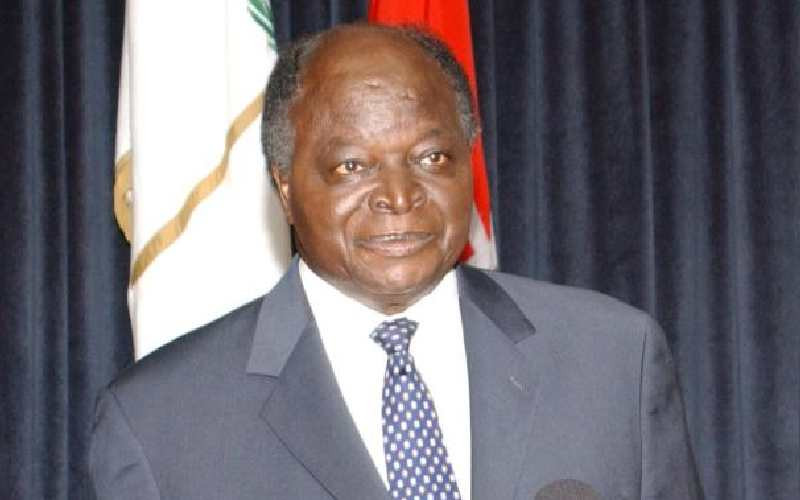×
The Standard e-Paper
Stay Informed, Even Offline

In our continuing book serialisation, author Oduor Ong'wen revisits the two controversial 2002 MoUs that drove a wedge between the Kibaki and the Raila side of the NARC government
The moment was euphoric. The feeling was ecstatic and the feel-good mood was written over the faces of many a Kenyan - and a few friends of Kenya who were here to savour the moment.